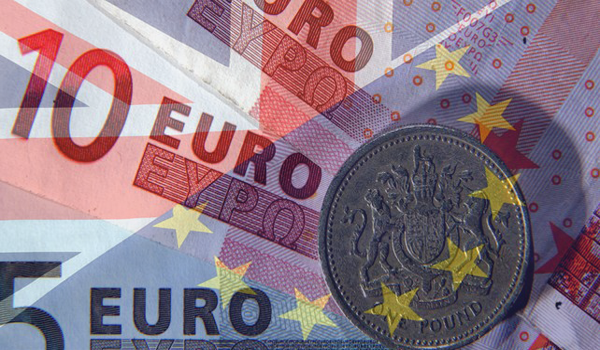The UK economy was expected to slow down after the Brexit vote by UK citizens to leave the European Union. This has not materialized to any significant amount, and the UK is doing better than expected. However, it is early days after the vote and its full effect will not be seen for some months – or perhaps even years.

As of now, the UK has voted to leave the EU. It has not yet left the EU, and it may be a year or two before it does so. So don’t expect any significant backlash just yet. Britain is still part of the European single market, and if it leaves then countries such as Norway and Switzerland have demonstrated that membership is not a must for success.
The UK economy does not appear to have suffered since the Brexit vote, other than a drop in the value of the UK pound. Even there, the pound has just posted its greatest weekly gain in over a month. The prophesized doom and gloom failed to appear. So why is this?
A surge in consumer spending is one reason. July retail sales were up 1.4% and were the highest since 2002. This was likely due to the warm weather the UK has been enjoying, but it certainly does not display signs of a country that is suffering financially. There are currently no indications that the UK economy is slowing down. It seems as robust as ever. Bets have slowed down on the likelihood of a Bank of England interest rate by November.
However, according to Joe Grice, the chief economist of the UK’s statistic office, it is too early to be confident. There has been insufficient time for the effects of Brexit to be fully apparent. It will be some time yet before its full effects become evident. However, it still has to be stressed that the UK is still officially part of the EU. It will remain so until it activates Article 50.
Article 50 is part of the ‘Treaty on European Union’ that enables a member state to notify the EU of its withdrawal. The EU must then make attempts to negotiate a “withdrawal agreement” between it and the country involved.
Until this agreement has been reached, the UK will continue to be a full member of the EU – but cannot take part in any discussions by other EU states on this issue. The UK has not yet invoked Article 50, and is unlikely to do so this year.
The entire process can take up to two years. Until Article 50 is invoked, nobody knows when the UK will actually leave the EU. There is therefore little reason for the Brexit vote to have a fundamental effect on the UK economy as yet.
There is no national or European disaster lying in wait, but neither is it going to be milk and honey for the UK once Article 50 has been revoked. UK Prime Minister Theresa May has given indications that Article 50 will not be involved this year. This is expected because she voted against withdrawal. Pro-Brexit UK cabinet members are calling for an immediate declaration.
The Bank of England interest rate is expected not to change unless the UK economy deteriorates. It has already reduced it from 0.5% to 0.25% this month. Some believe this will not change again until next year. However, July’s trade and industrial production figures will be announced next month. These may or may not trigger a further interest rate drop.
The UK economy may well hold up in spite of those believing otherwise. The consequences of the Brexit vote are as yet unknown by the British public. However, they have not been as severe as many expected. Maybe because the UK is still part of the EU and nothing has changed. The coming months will provide the data upon which interest rate changes and other factors affected by the economy will be made – or not!